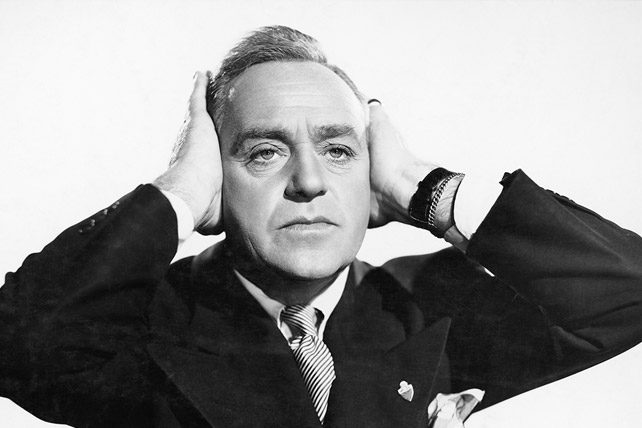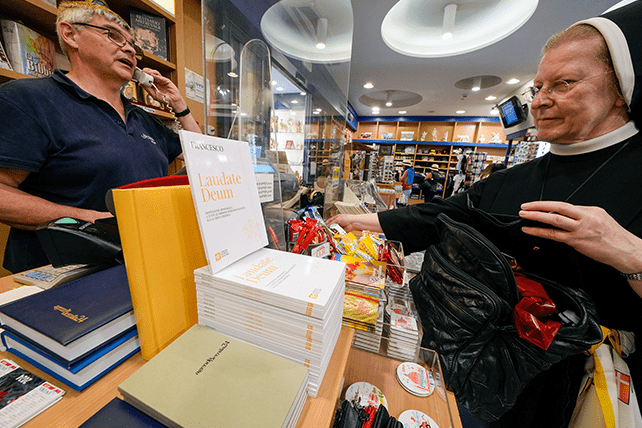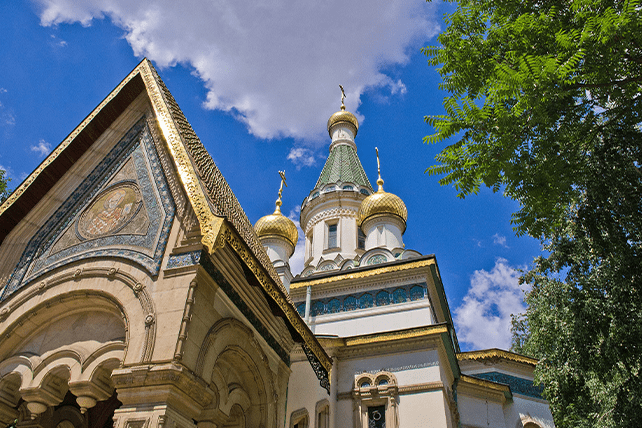In the marketplace, leaders of different departments and divisions often make the case to “have a seat at the table”—meaning that they, as the leader of the particular division, should be on the leadership team. By being “at the table,” they would be able to influence the direction of the overall team and give the overall team insight into their team’s challenges and opportunities. “It is reasonable that I would be at the table because of …” is often the argument.
When it comes to leadership development, give young leaders an unreasonable seat at the table. Meaning, put someone or multiple people on the team whose role or level of responsibilities would not warrant being “at the table.” An example: when I led in the marketplace, in publishing, I put future leaders on the leadership team though the portfolio they were responsible for, in terms of revenue and employees, was dwarfed by others on the team. By looking at employee headcount or a P&L statement, it made zero sense for them to be on the leadership team. It made zero sense except for leadership development.
Christians can uniquely appreciate the value of someone receiving an unreasonable seat at the table. As Christians, we are only at the table because our King has invited us into a relationship with Himself. Just as Jesus’s first disciples were viewed as uneducated and untrained (Acts 4:13), the Apostle Paul invited Christians in Corinth to “consider your calling.” Not many were wise from a human perspective, not many were powerful, and not many were of noble birth. “Instead, God has chosen what is foolish in the world to shame the wise, and God has chosen what is weak in the world to shame the strong” (1 Corinthians 1:27). We are like Mephibosheth who, though crippled, always ate at the king’s table because King David invited him (2 Samuel 9:13). Our King has invited us and so by His grace we understand what it means to invite others.
Three outcomes from giving an unreasonable seat at the table…
1. A Seat at the Table Invites Younger Leaders Into Escalated Development.
A young leader who has a seat at the table is exposed to learning through the regular rhythms of the team’s work. The one being developed ends up being developed by the whole team rather than just the leader of the team. Returning to the example from my time in publishing: by giving an unreasonable seat at the table, the leaders were prepared when significant opportunities opened up. They were ready to move into a larger role because of all they had been exposed to—from the team dynamics, to P&L responsibilities, to an understanding of our values and strategy.
2. A Seat at the Table Sends a Strong Signal to the Whole Organization.
Young leaders at the table are a constant reminder to the whole team of the collective responsibility to raise up new leaders. Their presence sends a constant message to the whole organization that younger leaders have a place here.
3. A Seat at the Table Provides the Team With Learnings From Younger Leaders.
Including younger leaders makes the team collectively better. Yes, younger leaders can bring passion to the team, but young leaders also bring different perspectives, understand common worldviews from their generation, and have insights into opportunities to serve their generation.
It is often unreasonable to put a young leader at the table, but be unreasonable for the sake of leadership development.




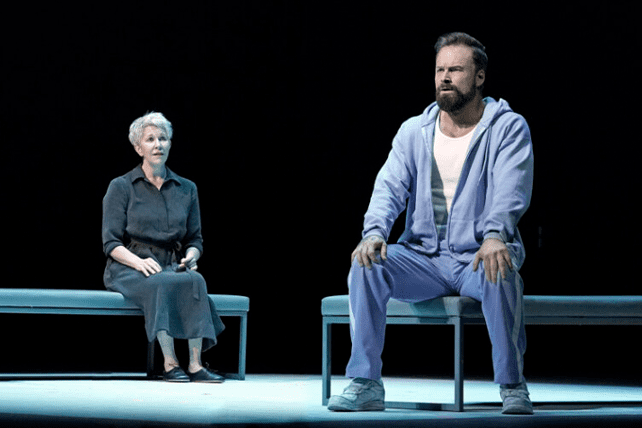
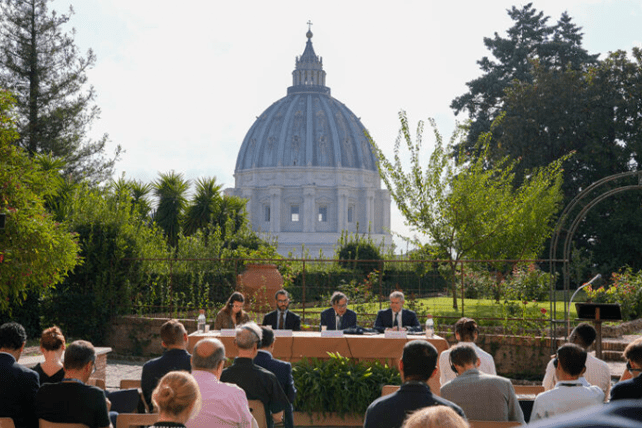


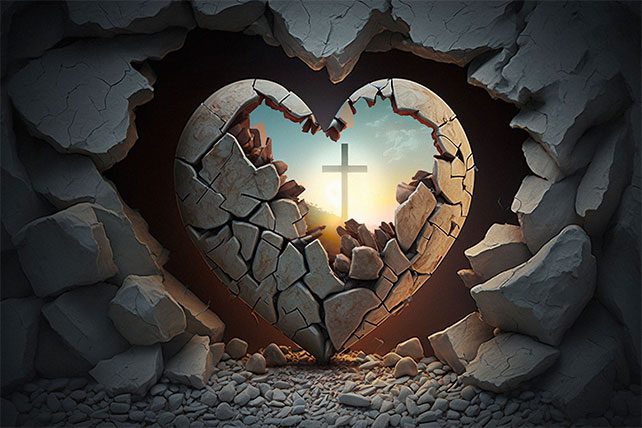


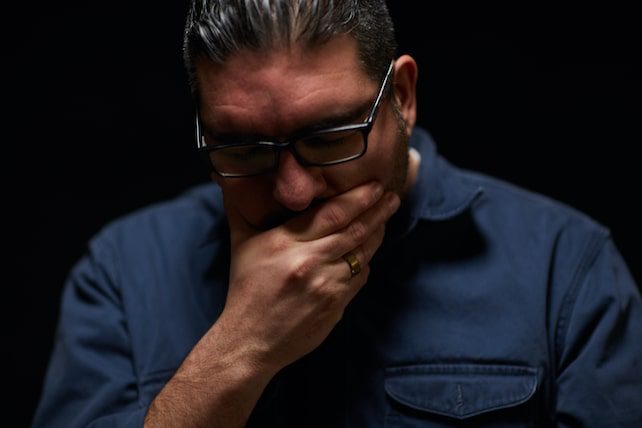
 My name is David. And I’m a
My name is David. And I’m a 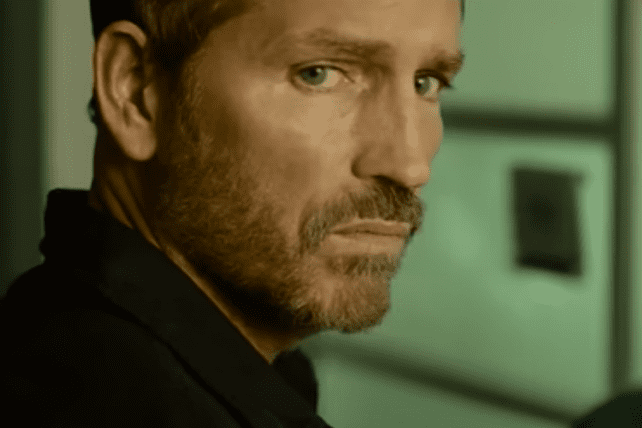

 This example will work best when you’re looking at it on any device
This example will work best when you’re looking at it on any device 